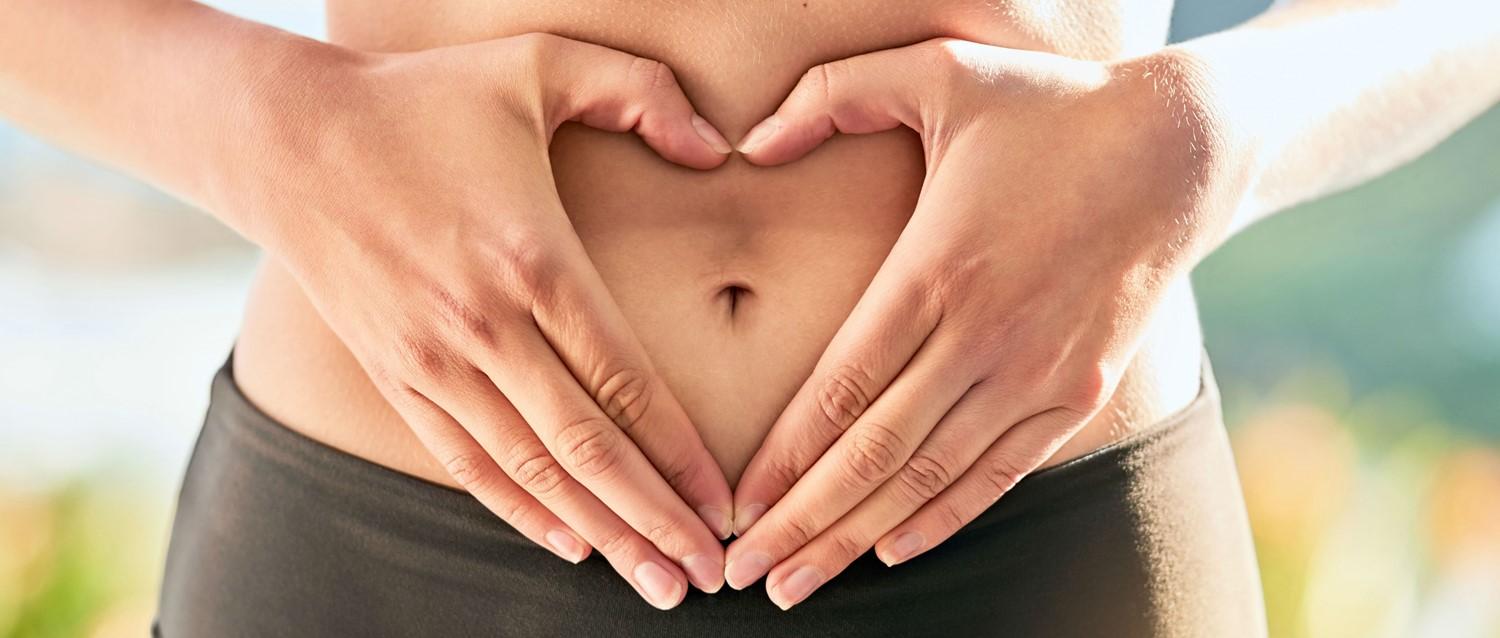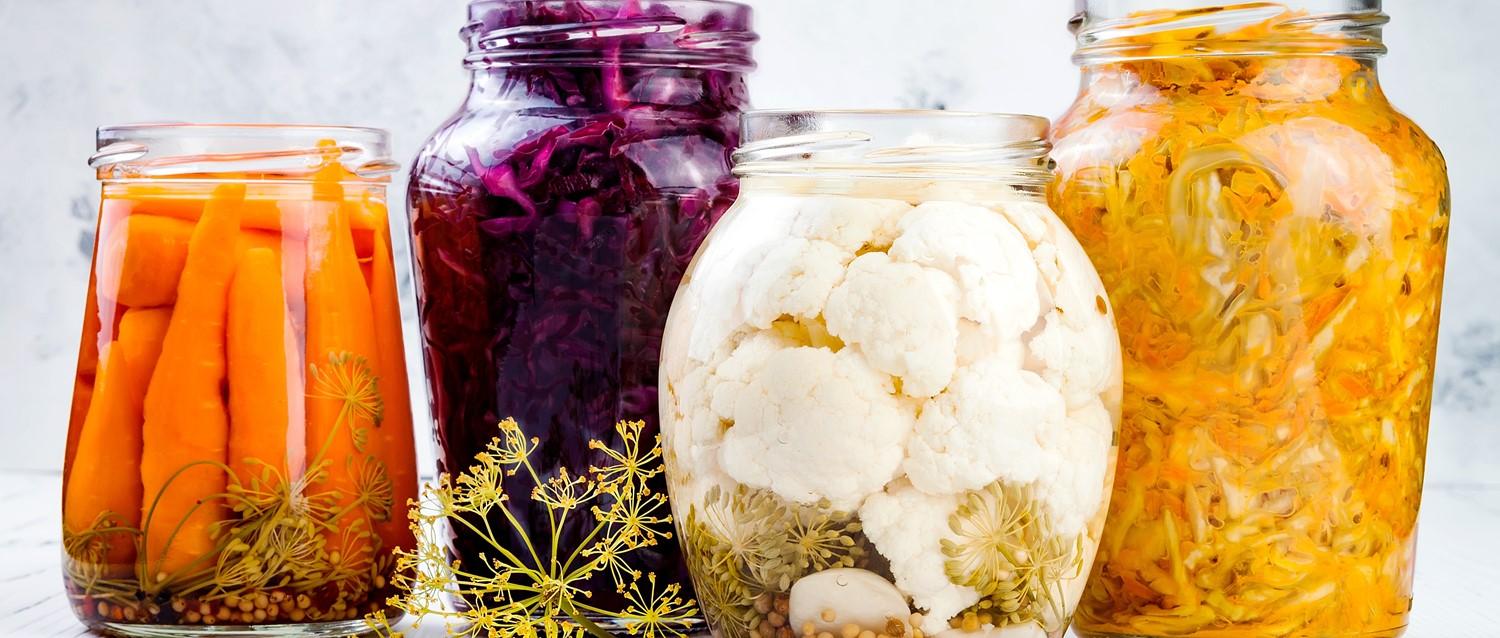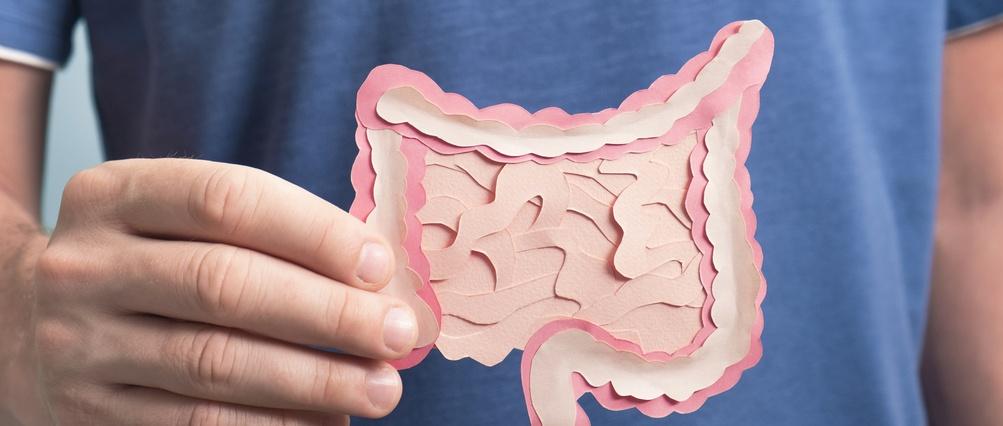
The best gut health foods - and why you need them
Peer reviewed by Dr Krishna Vakharia, MRCGPLast updated by Amberley DavisLast updated 8 Feb 2024
Meets Patient’s editorial guidelines
- DownloadDownload
- Share
- Language
- Discussion
Our guts play a key role in our health. Recent years have seen lots of research into the gut microbiome - the trillions of micro-organisms that live in our gut - and the affect they have on our physical and mental health. So how can we keep our digestive systems happy and healthy?
In this article:
Continue reading below
Foods good for the gut
"Our digestive system is the only way we can get the nutrients needed by every cell in our bodies," explains Sophie Medlin, consultant dietitian and founder of CityDietitians.
"We need to keep our gut working as well as possible to get nutrition from the food we need. Also, because of the close links between gut and brain, when the gut isn't functioning well it can affect how we feel."
If you want to help get your gut in tip-top shape, the first place to look is your diet. Foods which are good for the gut can have a big impact on digestive function and ultimately how we feel.
Get gut fit with fibre
Back to contentsWhen we want to improve our gut function, the first thing we think of should be fibre: Kaitlin Colucci, specialist dietitian and spokesperson for the British Dietetic Association, says: "Fibre is like a personal trainer for the gut.
It helps to exercise the gut muscles and keep things running smoothly."
"Fibre-rich food such as beans, pulses, lentils, nuts and seeds help to feed the trillions of gut bacteria living in our large intestine. The microbiota break down fibre through fermentation, producing things like fatty acids that help heart and kidney health. The roughage left over forms the bulk of our poo."
A good dose of fibre - 30g a day - ensures our digestive system has what it needs to function well. "
Medlin says: "The best way to ensure you get enough fibre is to eat as many plant foods as possible. This doesn't mean cutting out meat, but ensuring we have plenty of vegetables, fruits, wholegrains, nuts and seeds in our diet."
There are lots of small, easy changes you can make to your diet to up your fibre intake.
When to be wary about fibre
There are two main types of fibre - soluble and insoluble. You may find - especially if you have irritable bowel syndrome (IBS) - that foods high in insoluble fibre make bloating and wind worse. This can be a particular issue if you have diarrhoea as a symptom of your IBS. If so, try increasing your soluble fibre intake rather than insoluble.
Alternatively, explore how you could increase the fibre in your diet with low-FODMAPS foods. However, do be aware that a low-FODMAPS diet can be quite restrictive, and if you're planning to reduce or cut out large numbers of foods from your diet, you should do so under the supervision of a dietitian.
Continue reading below
All about the bacteria
Back to contentsWhen it comes to boosting the friendly bacteria that live in our gut, it would be easy to assume that buying a special bacteria-rich drink is all we need to maintain healthy digestion.
In reality, a varied diet should include natural foods good for the gut: probiotic foods, which help to repopulate the live friendly bacteria in our gut, and prebiotics, which help to feed these bacteria.
Probiotics
You don't have to purchase specially marketed probiotic drinks. There are many foods which have probiotic qualities and can help increase the range of good bacteria in the gut. For example, the best gut health foods include:
Kefir is a fermented milk drink with a similar taste to yoghurt. It's packed with vitamins and minerals, and can improve digestion and reduce inflammation in the body. "Try making a smoothie with fruit and kefir to help aid digestion," suggests Medlin.
Live yoghurt can also help to increase friendly bacteria. "All live yoghurts will have these bacteria, so you don't necessarily have to buy one of the branded versions," says Colucci. "My only advice is to avoid sugary ones - check the label as some of these yoghurts can contain corn syrup or glucose syrup which have been linked to insulin resistance and diabetes."
Probiotics can also be found in a range of non-diary sources, such as:
Sauerkraut and kimchi - fermented cabbage products.
Tempeh - a fermented soy-based food.
Artichokes - which is highly fermentable.
Colucci says: "The more of these types of food you eat the better for your gut. You can buy tinned or jarred artichokes - usually in oil - and they keep for ages. Add them to salad, put them on a pizza or use in a sandwich."
Prebiotics
Whereas probiotics help to improve the diversity of gut bacteria, prebiotic foods feed the bacteria and help them to thrive. Most plant-based foods have prebiotic qualities - so eating plenty of fruit, vegetables, nuts and seeds is a great way to maintain a healthy digestive tract.
When it comes to consuming plants in our diet, variety is also important. In a study, "those who ate more than 30 different 'plant points' per week had a healthier gut than those who ate fewer than ten," says Colucci.
We get a 'plant point' for each different plant-based food we eat over the course of a week. This includes whole grains, nuts and seeds, as well as any vegetables and fruit we may consume. Even herbs and spices get one quarter of a point in your plant points count-up.
Aiming to eat 30 different plant points over the course of a week may seem a high bar, but varying your diet and choosing different fruits and vegetables should go a long way towards providing the variety needed to help your good bacteria thrive.
Good sources of prebiotics
For example, oats are a great source of prebiotics, and also have plenty of fibre. Colucci says: "Oats are high in soluble fibre which in the gut absorbs water which helps to create a bulky, soft poo that is easy to pass.
They also have additional benefits, such as helping to reduce blood cholesterol. It doesn't matter if you eat them raw or cooked, but ideally avoid eating them as part of a sugary cereal."
And for extra benefit, try sprinkling a few chia seeds on to your daily bowl. "Porridge sprinkled with chia seeds is an excellent way to aid digestion and help to support a healthy microbiome," says Medlin.
Other great prebiotic foods include:
Garlic.
Onions.
Leeks.
Asparagus.
Bananas.
Apples.
Wheat bran.
Best gut health foods for symptoms
Back to contentsAs well as keeping those bacteria thriving, if you're suffering from particular symptoms such as bloating or constipation, it might be worth trying some of the following natural solutions.
Kiwi fruit for constipation
As well as helping rack up those plant points, kiwi fruit may help to keep your digestive system regular. "Kiwi can help to manage constipation.
During one study, people who ate two kiwis a day found symptoms of constipation were relieved1," says Colucci. So if you're looking to give your digestive system a boost, try adding a couple of these to your daily diet.
Ginger for feeling sick
Ginger can be useful for digestion - and can be consumed in a number of different ways. "You can use it in curry, or even in biscuits," says Colucci. "It's good for easing feeling sick, which you may experience if you suffer from constipation or bloating."
Peppermint oil for farting and cramping
Peppermint oil, which you can buy at pharmacies or health food shops, can be really useful for relieving poor digestion. "Peppermint oil is antispasmodic and can relax gut muscles," says Colucci.
"This can help to relieve stomach cramps, bloating and farting. Try taking peppermint capsules before meals to help with these symptoms.
"Although peppermint oil can be taken long-term, I usually recommend just taking it for a period of four weeks," adds Colucci.
Other dietary changes may mean cramping and bloating can be relieved without this additional supplement.
Hydration for gut motility
As well as eating the right foods, it's important to look at how much we drink too. "Fluid really helps the dietary fibre to work, in supporting gut motility and the rate it moves through," says Colucci.
"Without sufficient fluid, fibre has nothing to absorb, and it can cause poos to become dry and hard. Ideally we should be taking in 1.5 to 2.5 litres a day - this can include up to three cups of ordinary tea/coffee (more than this can mean excess caffeine which may have a diuretic effect), herbal tea, decaffeinated drinks, diluted fruit drinks, and water."
Continue reading below
Slow it down
Back to contentsIt's not just what you eat, but the way you eat your food.
"Digestion starts in the mouth," says Colucci. "It's really important to chew your food effectively and take your time when you're eating. When you eat too fast it creates a lot of work for your gut, and you swallow a lot of air as well."
Rather than counting the number of chews and taking the pleasure out of eating entirely, Colucci recommends a simple exercise. "Try putting knife and fork down between each mouthful and chewing, swallowing before picking up again."
Alternatively, timing overall mealtime can be effective. "Without thinking too long, time how long it takes to eat a meal, then the next time we eat that meal try to add an extra minute on to that mealtime. Ideally, consuming your main meal should take a minimum of 15 minutes."
When to see the doctor
Back to contentsChanges to your toilet habits or digestion may occur if you change your diet . However, if you experience regular bloating, indigestion, excess farting, constipation, or diarrhoea, it's important to talk to a GP or pharmacist to rule out digestive disorders such as inflammatory bowel disease, coeliac disease or irritable bowel syndrome.
A change in your toilet habits associated with unintentional weight loss, loss of appetite, blood or black, tarry poos should be checked out more urgently.
Patient picks for Gut health

Diet and nutrition
How gut bacteria affect mood, focus and brain health
There is emerging scientific evidence that the gut microbiome can influence brain health - from mood and focus to neurological diseases such as multiple sclerosis and Parkinson's. We ask the experts about this link and how best to look after the gut bacteria to support brain health.
by Sally Turner

Diet and nutrition
What is your gut microbiome?
Let’s talk about something small that has a big impact on your health - the gut microbiome. This hidden universe of microbes plays an important role in your wellbeing. How you treat these tiny residents can make a world of difference to how you feel.
by Victoria Raw
Continue reading below
Article history
The information on this page is peer reviewed by qualified clinicians.
8 Feb 2024 | Latest version
13 Nov 2021 | Originally published
Authored by:
Gillian Harvey

Ask, share, connect.
Browse discussions, ask questions, and share experiences across hundreds of health topics.

Feeling unwell?
Assess your symptoms online for free
Sign up to the Patient newsletter
Your weekly dose of clear, trustworthy health advice - written to help you feel informed, confident and in control.
By subscribing you accept our Privacy Policy. You can unsubscribe at any time. We never sell your data.